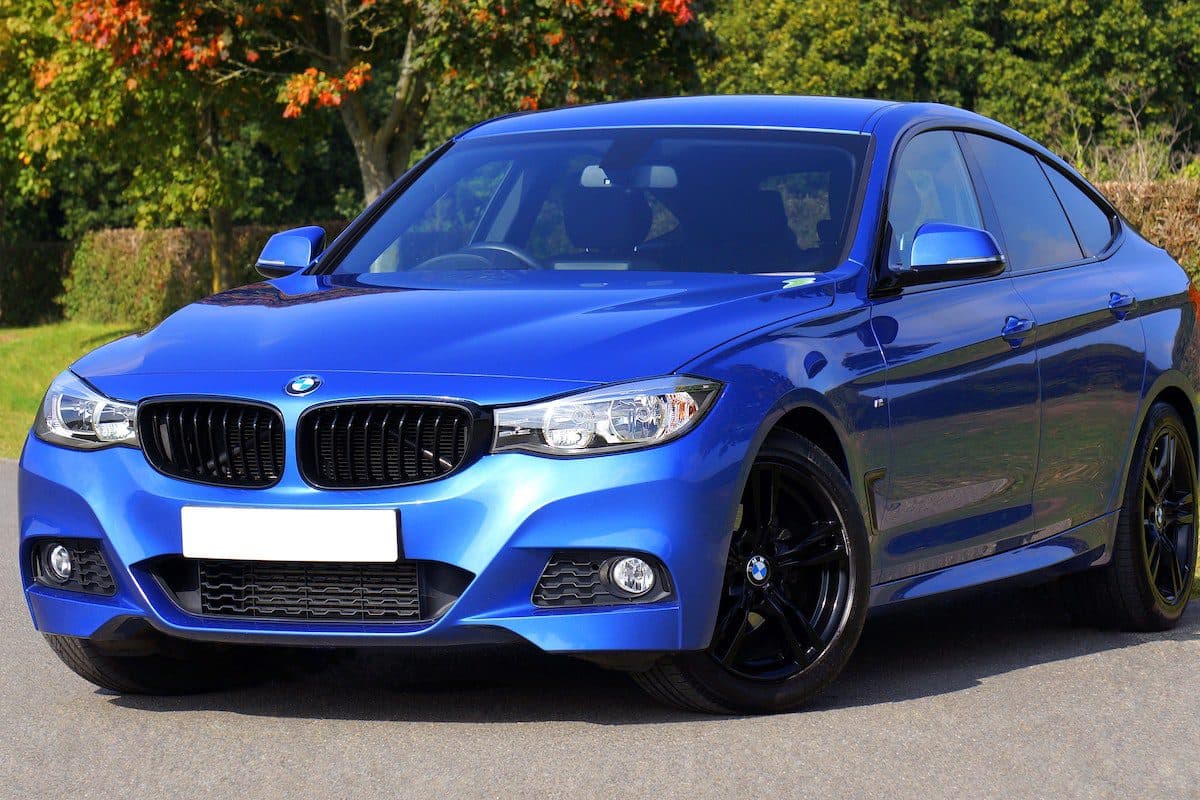Car Insurance: What Is An All Perils Coverage
By Arthur Dubois | Published on 14 Sep 2022

Insurance can be confusing. You need a minimum amount of insurance to drive, but car insurance comes with many options. You can increase coverage, lower deductibles, and add additional types of coverage.
So, how do you choose the best car insurance policies for you? First, we’ll look at what a standard policy covers, some add-ons you can purchase, and what an all-perils coverage policy can do for you. Next, we’ll explore why you might not want all-perils coverage and, on the other hand, how it can benefit you.
Types of car insurance coverage
Drivers must have minimum insurance to operate a vehicle. Unfortunately, the standard insurance you must have may not provide you with enough insurance coverage.
However, insurance companies offer extra options you can add to your policy. For example, you can increase your insurance limits and add additional coverages such as specified perils, collision or upset insurance, comprehensive coverage, and all perils coverage.
Standard insurance
Some drivers only want the minimum insurance they need to allow them to drive, which is standard insurance. Standard insurance offers third-party liability coverage, accident benefits coverage, Direct Compensation Property Damage (DCPD), and uninsured automobile coverage.
Third-party liability coverage
Third-party liability comes into effect if you are in an accident and another person is injured, killed or has their property damaged. This coverage will pay claims that usually arise from a lawsuit.
You have coverage up to your maximum limit. Most policies offer the insured the option to increase their third-party liability.
Accidents benefit coverage
Accidents benefit coverage insures you if you sustain injuries due to an accident. This coverage can include benefits for rehabilitation, attendant care, caregiver costs, income replacement benefits, and extra medical care.
Direct Compensation Property Damage (DCPD)
Most accidents involve damage to your vehicle and its contents. If you need repairs, DCPD covers you for the loss of your car and any loss or damage to the contents of your vehicle if the other person is responsible for the accident. You collect any compensation you’re entitled to from your insurer.
Uninsured automobile coverage
While everyone is required to have insurance, not everyone does. Uninsured automobile coverage protects you and your family in an accident with an uninsured driver or a hit-and-run. It covers damage to your vehicle, injuries, and fatalities caused by the other driver.
Additional coverages
Specified perils coverage
You can add specified perils to your insurance policy. It typically covers any losses that you might experience due to:
- Theft or attempted theft
- Fire
- Windstorm damage
- Damage from lightning
- Rising water or hail
- Earthquakes
- Explosions
- Civil disturbances or riots
- Forced landing or falling parts from an aircraft
- If your vehicle experiences damage in transport.
Collision or upset coverage
Collision or upset insurance covers losses to your vehicle when it rolls over or is in a collision with another object, including another vehicle. This option provides important benefits since losses can easily cost thousands of dollars. In addition, accidents or upsets can total your car, which is why collision or upset coverage is so important.
Comprehensive coverage
Comprehensive coverage applies to losses not covered under collision and upset insurance. It includes all items covered under specified perils as well. In addition, it provides coverage for vandalism, flying or falling objects, and missiles.
All perils coverage
All perils coverage combines comprehensive insurance as well as collision and upset.
In addition, all perils provide coverage for theft of your vehicle by an employee who uses or drives your vehicle, services your vehicle, or repairs your vehicle. Finally, it covers damages or loss resulting from the theft of your vehicle by someone who lives with you.
Why you might want all perils coverage
You don’t want to be underinsured, but you don’t want to pay for coverage you don’t need. All perils coverage insures your vehicle for losses incurred by various circumstances specified in the policy. Some drivers won’t need it, while it benefits others.
You might not need all perils coverage
You may not want to pay the extra premium for all perils coverage. Many people own vehicles that have seen better days; if something happens, they will replace the car.
People who own their cars free and clear or have an old one may decide the premium isn’t worth the price. Others have money available to repair damages, so they may not want all perils coverage.
When all perils coverage is a benefit
There are several reasons to add all perils coverage to your policy. First, any damages could be costly to fix if you have an expensive vehicle.
All perils coverage can offset some of those costs. An expensive vehicle can be a target for thieves, and all perils can cover theft.
If you have a vehicle you let sit for extensive periods, like a sports car you only drive in summer or an antique car, all perils coverage can cover your vehicle for any damages it sustains while not in use.
We are seeing more weather-related issues such as hail storms, wind storms, wildfires, and flooding. Any one of these can cause severe damage or destroy your vehicle. All perils will insure your vehicle against damages from these incidents because it includes specified perils.
Deciding whether all perils coverage is right for you
There are many benefits to adding all perils coverage to your policy. It protects your vehicle from damages from multiple sources, and it protects you if you lose your vehicle due to any of the perils covered.
While there are some reasons why you may decline all perils, there are many more to add this option to your insurance. Talk to an agent or broker to find out if all perils is right for you.
